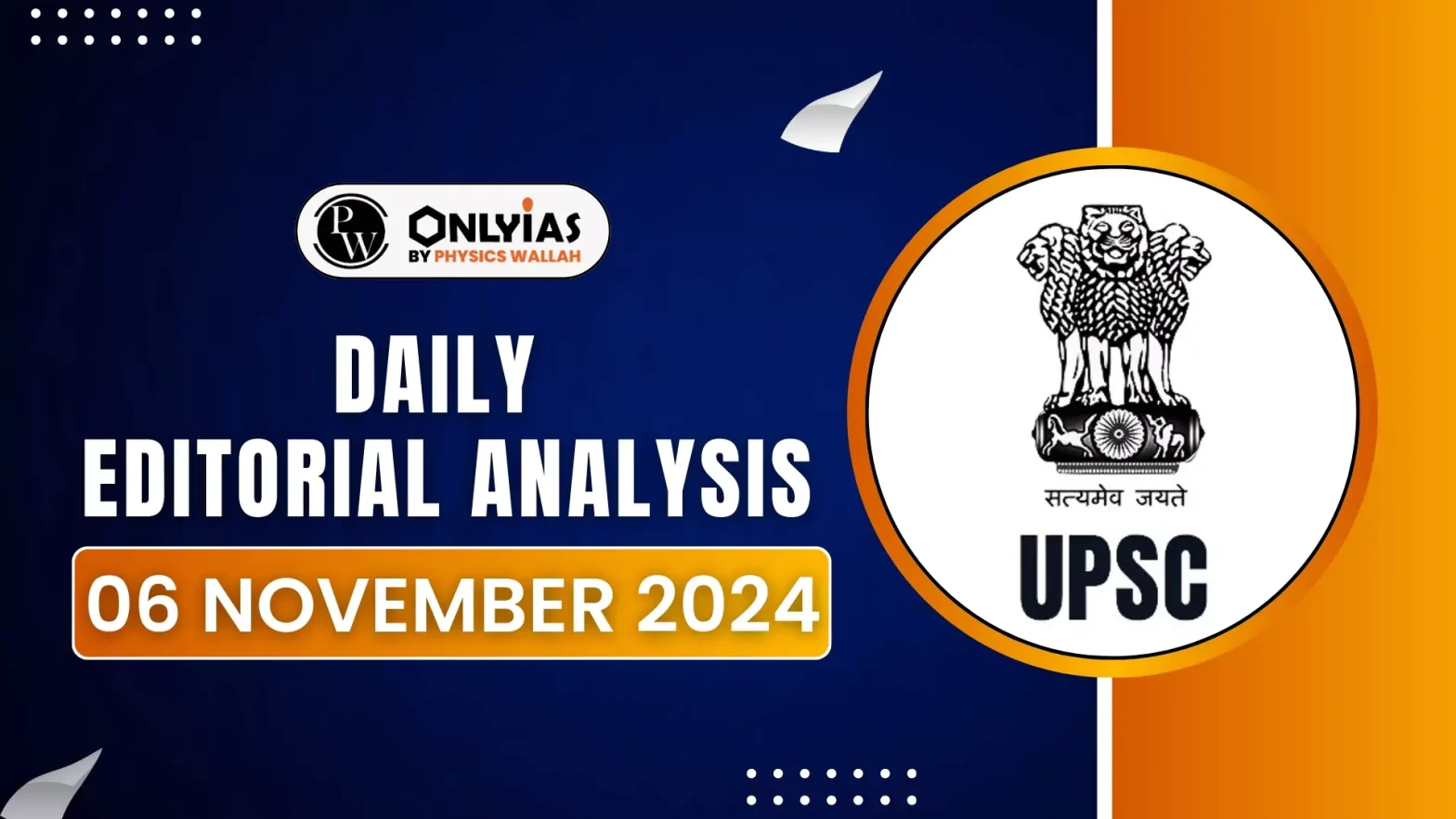The ongoing debate surrounding America’s decline often overlooks the continued strength of its global influence. As unilateralism increases under recent U.S. administrations, India must strategically adjust to the evolving global dynamics to safeguard its interests and enhance its standing on the world stage.
The Long-Standing Debate on American Decline
- Historical Roots:
- The debate over American decline began in the 19th century. Karl Marx argued that capitalism’s contradictions, like labor exploitation and wealth concentration, would lead to collapse.
- Vladimir Lenin saw imperialism as the height of capitalism’s decay, which would spur conflicts and weaken capitalist nations.
- Oswald Spengler’s The Decline of the West (1918-1923) predicted cultural decay across Western societies.
- Survival of Capitalism:
- Despite these criticisms, capitalism adapted and endured through the 20th century.
- In the U.S., New Deal programs addressed social inequalities in the 1930s, and the Marshall Plan helped revive European economies post-WWII.
- Communist View:
- Communists viewed capitalism as nearing its end. Soviet leaders like Nikita Khrushchev claimed socialism would outlast capitalism, while Mao Zedong believed the “East wind will prevail over the West wind.”
- Recently, Xi Jinping suggested that the Western system is declining, with China positioned to lead a new global order.
Enroll now for UPSC Online Course
Examining the Perceived Decline of American Power
- Shift in the International System
- Recent debates on American decline center around the rise of non-Western powers and the potential for a “multipolar world” post-Soviet Union.
- However, true multipolarity remains uncertain. China, with an $18 trillion economy, is the closest pole, but its economic slowdown complicates its position.
- Countries like India are rising but lack the influence to challenge the U.S. or create a balanced multipolar system.
- Challenges in Anti-American Coalitions
- Emerging powers may resent the U.S., but divergent interests prevent a unified anti-American coalition.
- Each nation is open to separate deals with Washington, creating a “collective action problem” that weakens coordinated opposition.
- Western Decline
- While non-Western powers like China rise, they do so at the expense of struggling European and Japanese economies.
- The U.S., maintaining 26% of global GDP, remains a key economic engine, solidifying its global power despite Europe’s decline.
- Ineffectiveness of U.S.-Founded Institutions
- Some argue that post-WWII institutions like the IMF and World Bank are ineffective.
- Despite this the U.S. continues to leverage them to fit its strategic goals, such as reshaping nuclear policies with India or using the G7 to seize Russian assets after the Ukraine invasion.
- Growing Unilateralism
- The main concern is not American decline, but growing unilateralism. Both Trump and Biden have pursued policies that break from global trade norms.
- Biden’s Inflation Reduction Act, for instance, drew European capital to the U.S. and intensified dollar-based pressure on adversaries.
Implications for India’s Foreign Policy
1. No Room for Complacency
- Despite the close relationship, India cannot take Washington for granted. It must continuously assess the structural changes in US domestic politics to anticipate shifts in policy and priorities.
2. Strategic Engagement
- With US politics becoming more polarised, India must focus on engaging with various stakeholders within the US political system to ensure favourable outcomes for India’s interests.
- The focus should not be on countering American power through coalitions like BRICS or mobilising the non-Western world.
3. Understanding Realities
- Despite the rise of China and other powers, the US is unlikely to be replaced as the dominant global force anytime soon.
- India must assess the changing global power balance, especially in relation to China, Russia, and Europe.
4. Strategic Engagement with Domestic US Constituencies
- India must invest more diplomatic effort in engaging with different political and business constituencies in the US.
- By doing so, India can influence key decisions and ensure that US policies continue to align with its own strategic interests.
Check Out UPSC Modules From PW Store
Conclusion
While the myth of American decline persists, the reality is that the US continues to be a major global power with significant economic, military, and diplomatic influence. India must engage strategically with the US, leveraging its growing ties while also navigating the challenges posed by American unilateralism.
![]() 6 Nov 2024
6 Nov 2024
